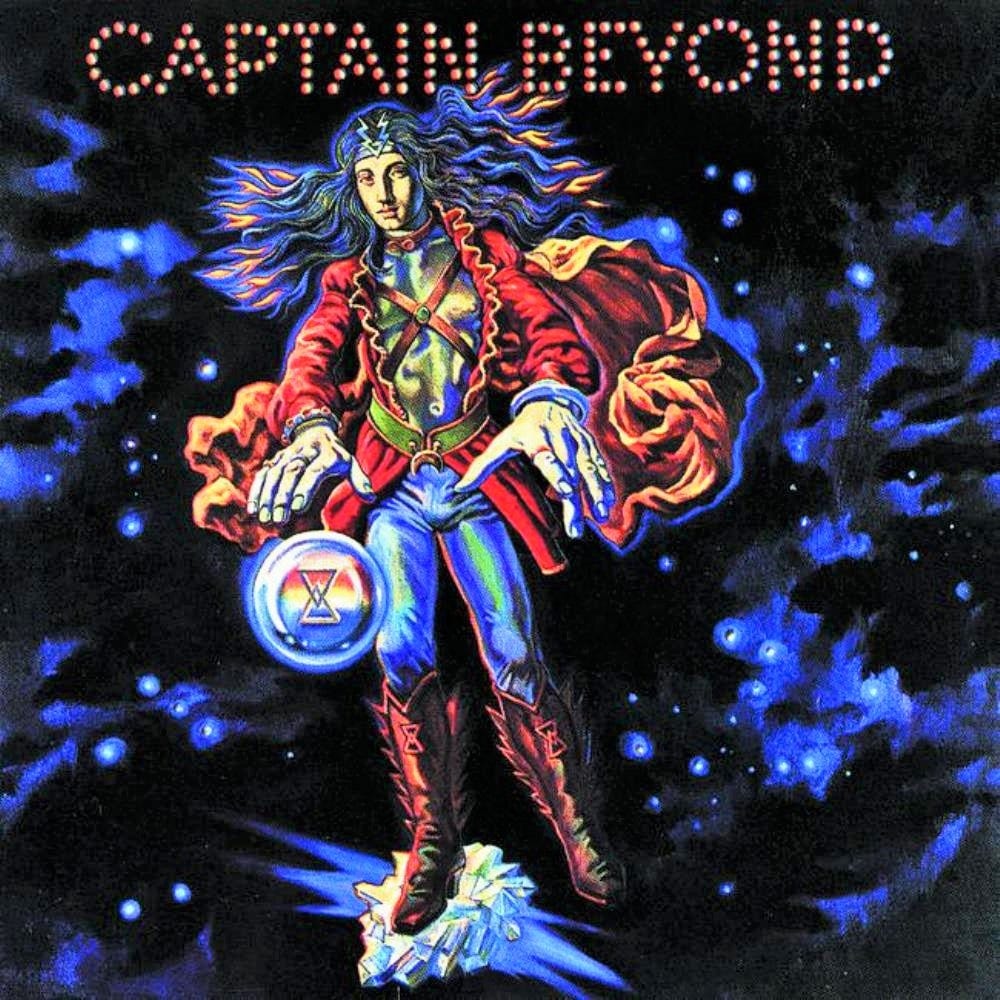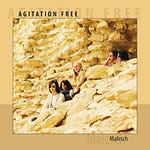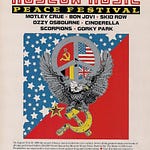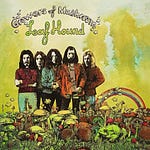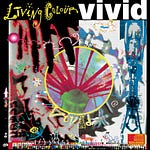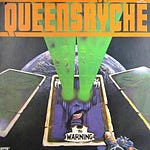Ever heard of a band where two members couldn’t even put their names on their own album? Welcome to the weird world of Captain Beyond, one of rock’s most fascinating legal nightmares and musical triumphs.
It’s 1971, and Los Angeles is buzzing with musical experimentation. Four seasoned musicians from Deep Purple, Iron Butterfly, and Johnny Winter’s band decide to form something entirely new. The result? An album so ahead of its time that it practically invented genres that wouldn’t have names for another decade.
When Contracts Attack
Here’s where things get legally bonkers. Rod Evans (Deep Purple’s original singer) and Bobby Caldwell (Johnny Winter’s drummer) could put their names on the record. But Larry Reinhardt and Lee Dorman from Iron Butterfly? Nope. Their previous contracts basically held them hostage, forcing them to ghost-write and perform on an entire album they legally couldn’t claim credit for.
Imagine creating something brilliant and having to pretend you didn’t exist. That’s exactly what happened when Captain Beyond’s self-titled debut dropped in July 1972 on Capricorn Records, complete with a mind-bending lenticular 3D cover that was basically the vinyl equivalent of a hologram.
The Sound of Everything, All at Once
What does a supergroup sound like when it’s not trying to recreate its members’ past glories? Like someone threw Sabbath, Skynyrd, Santana, and Pink Floyd into a cosmic blender and hit “puree.”
This isn’t your typical rock album. There are no radio singles hiding here. Instead, Captain Beyond crafted something closer to a 35-minute musical journey—though it feels twice as long in the best possible way. Songs flow into each other like liquid mercury, creating movements rather than tracks. You’ll lose yourself in the groove of “Dancing Madly Backwards” only to realize you’ve somehow traveled through three different songs without noticing.
The guitar work is absolutely volcanic. Reinhardt doesn’t just play riffs; he creates entire landscapes of sound that shift from proto-metal thunder to psychedelic wandering to Southern rock swagger. When “I Can’t Feel Nothing Part One” drops that sabbathy crusher of a riff, you understand why this album influenced generations of stoner rock bands, even if they didn’t know it at the time.
Rod Evans: Rock’s Greatest Mystery
Here’s a story that’ll blow your mind: Rod Evans, the voice of early Deep Purple hits like “Hush” and “Kentucky Woman,” completely vanished from rock history after the ‘80s. Not metaphorically—literally. He became a respiratory therapist in Northern California and hasn’t been seen or heard from since. When Deep Purple got inducted into the Rock and Roll Hall of Fame, he was invited but didn’t show. The man is basically rock’s D.B. Cooper.
But on Captain Beyond, Evans proves he was never the “too pop” singer Deep Purple claimed he was. His voice matches guitar lines like a second instrument, soaring and diving with the music in ways that would make Ozzy jealous. There’s power here, mystery, and a perfect fit for the band’s cosmic heaviness.
The Album That Flows Like a River
Forget everything you know about song structure. Captain Beyond approached this record like composers, not hitmakers. “Raging River of Fear” bleeds into “Thousand Days of Yesterday,” which becomes something else entirely before you can catch your breath. It’s prog without the pretension, metal without the formula, and psychedelia without the cheese.
The rhythm section of Dorman and Caldwell creates a foundation so solid you could build a house on it, then flexible enough to navigate the band’s constant time changes and stylistic shifts. When they lock into that half-time groove on “Raging River of Fear,” it’s absolutely hypnotic.
Lost Influence, Found Treasure
Captain Beyond should have been huge. They should have influenced everyone. Instead, they became one of rock’s best-kept secrets, passed around in underground circles like a sacred text. You can hear their DNA in Kyuss, in Fu Manchu, in every band that ever tried to balance crushing riffs with melodic exploration.
The band’s approach to heaviness—warm, organic, and textured rather than just loud—created a blueprint for what we now call stoner rock. But in 1972, they were just four guys making the music they wanted to hear, legal complications be damned.
This is essential listening for anyone who thinks they’ve heard everything rock has to offer. Captain Beyond created something that sounds both completely of its time and decades ahead of it. It’s the kind of album that rewards both deep listening and background absorption, revealing new details with each encounter.
Is it perfect? The 35-minute runtime flies by so quickly you’ll wish they’d fleshed out some of the shorter pieces (looking at you, 15-second “Astral Lady”). But these aren’t flaws—they’re invitations to hit repeat and dive deeper into the cosmic soup.
Want to hear the full story behind this forgotten masterpiece? The podcast dives deep into Captain Beyond’s fascinating history, dissecting every riff, and exploring why this album deserves a place in every rock fan’s collection.
Songs in this Episode
Intro - Myopic Void
19:21 - Dancing Madly Backwards (On a Sea of Air)
21:44 - Mesmerization Eclipse
23:38 - I Can't Feel Nothing (Part 1)
27:07 - Armworth
30:47 - Frozen Over
34:58 - Raging River of Fear
39:38 - As the Moon Speaks (Return)
Outro - Astral Lady






